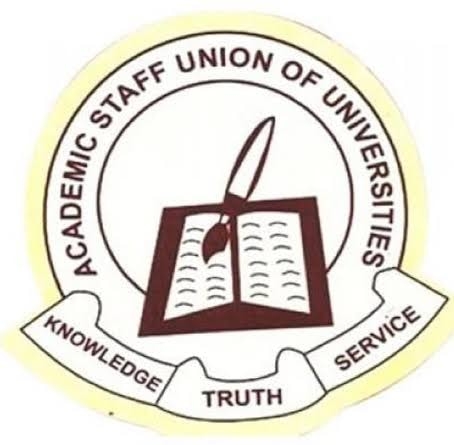The Registrar of the Joint Admissions and Matriculation Board (JAMB), Prof. Ishaq Oloyede, has clarified that the Federal Government’s decision to drop Mathematics as a mandatory requirement for admission into arts and humanities courses is aimed at curbing certificate forgery.
Oloyede made this known on Sunday in Ibadan during the opening ceremony of the Jihad Week organised by the Muslim Students’ Society of Nigeria (MSSN), University of Ibadan, alongside the launch of Ad-dhikr Magazine.
He noted that the policy was not new but had long existed without implementation. According to him, the Ministry of Education merely reactivated it to align with present realities and discourage students from falsifying results.
“How can someone aspiring to study Yoruba, Igbo, Hausa, or Arabic be denied university admission simply because they don’t have a credit in Mathematics, when such courses can even be studied abroad without it?” Oloyede questioned.
He further explained that the ministry’s move was to “realign education policy with practical realities and discourage forgery.”
Addressing the theme of the event, “The Paragon,” the JAMB Registrar urged Muslims to embody exemplary character and uphold the true principles of Islam. He advised the MSSN to continue fostering unity, promoting peace, and spreading the message of Islam not just through words but by displaying good conduct.
“MSSN has the potential to attract others to appreciate the beauty of Islam. The current generation must continue to strengthen genuine and sincere relationships among themselves,” Oloyede added.
Also speaking, the chairman of the event, Mr. Idris Adeoye, praised the founding fathers of the MSSN for their guidance and urged young people to remain patriotic and avoid actions that could jeopardize their future.
In his remarks, the Ameer of MSSN, University of Ibadan, Umar Faruq, expressed concern over the growing acceptance of immoral behaviour in society. He cautioned Muslim youths against internet fraud, alcohol consumption, and other social vices, encouraging them to serve as role models in all aspects of life — academically, spiritually, and morally.





